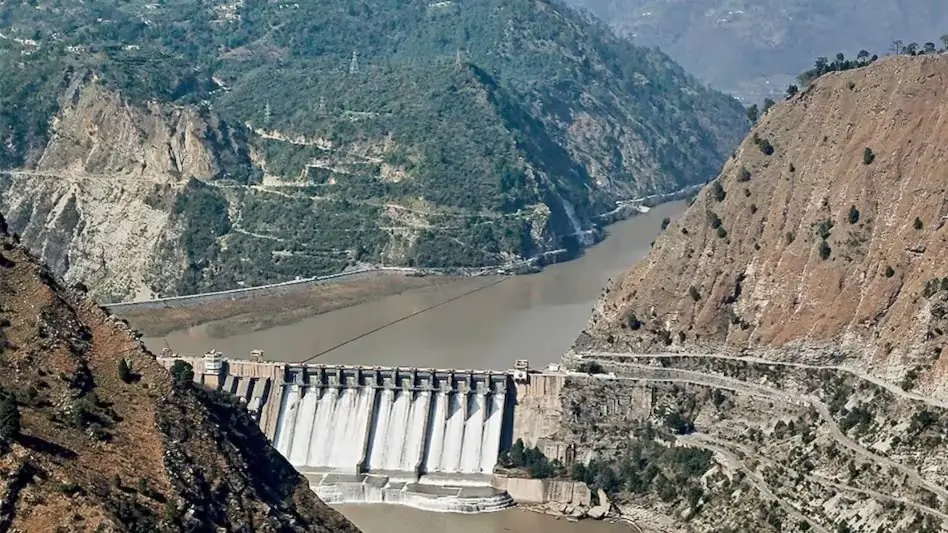Pakistan Urges India to Restore Indus Waters Treaty
Related Articles
Puppet Chief Minister: RJD’s Tejashwi Yadav Criticizes Nitish Kumar
Tejashwi Yadav, the Leader of the Opposition and a prominent figure in the Rashtriya Janata Dal (RJD), launched a pointed critique against Bihar's Chief...
Tarique Rahman Takes Oath as Bangladesh’s New Prime Minister
Bangladesh has entered a new chapter in its political history with the oath taking of Tarique Rahman as Prime Minister, marking the end of...
APCC Urges CEC Gyanesh Kumar to Advocate for Fair Elections in Assam
The Assam Pradesh Congress Committee (APCC) convened a meeting with Chief Election Commissioner Gyanesh Kumar in Guwahati on February 17, during his visit to...


